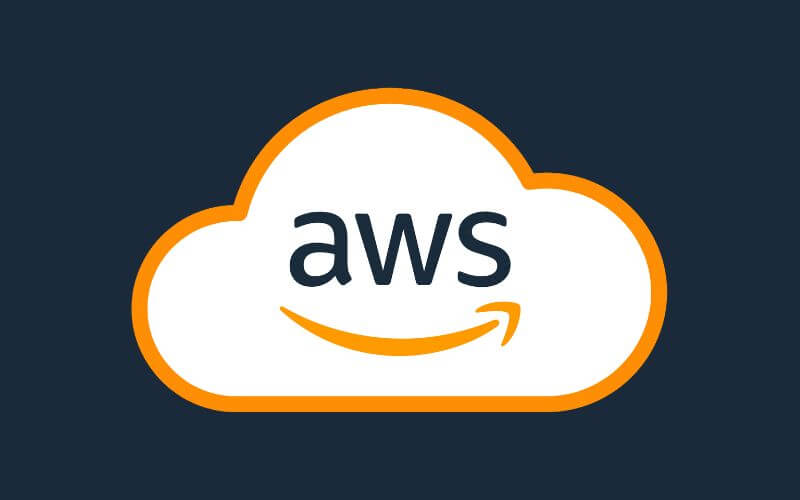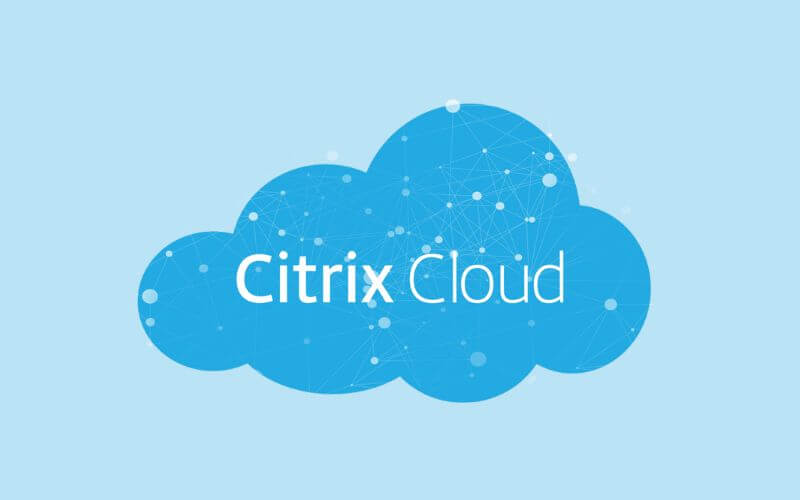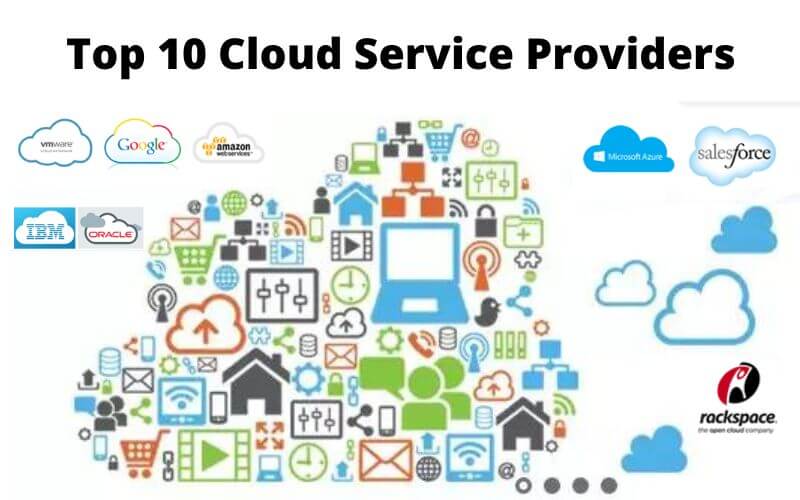Top 10 Cloud Service Providers – Our personal files are stored in the cloud. We maintain friendships through cloud applications. Mobile phones and tablets run powerful applications through the cloud, creating new devices, and shedding old devices like netbooks and someday PCs.
The IT department has gone from not believing the cloud has the potential to bring in billions of dollars to being willing to spend money to use it. Instead of having to buy all the apps and servers for their work, they can now just rent them out.
Here are the 10 biggest cloud companies in the world:
Table of Contents
1. Amazon Cloud

There’s no doubt about Amazon’s number one spot. Basically, this company invented the IaaS (Infrastructure-as-a-cloud – IaaS) market.
Amazon’s cloud offers a wide range of options. From offering storage space worth a few cents a month to renting supercomputers for $5,000 an hour.
Amazon is currently ranked number 1 in the world in terms of cloud.
Amazon is focusing on the enterprise segment by adding more security features to its cloud and hiring enterprise salespeople. Surely the giant will not stand by and watch VMware, Citrix and OpenStack snap away enterprise customers. It’s amazing how an online retailer can make so many changes in the IT industry and in our daily lives.
2. VMware Cloud
As of this year, VMware has not yet offered its own cloud based service. The company only specializes in providing vCloud software to build the cloud.
VMware is one of the biggest players in the cloud software market, competing with OpenStack technology (operated by a consortium of vendors IBM, Rackspace, HP) and Citrix.
However, in March, VMware changed its strategy when it announced plans to launch its own public cloud. This is an interesting choice because there are currently about 200 cloud service providers built on vCloud and now VMware will have to compete with them.
3. Microsoft Cloud

Microsoft is also a big business in cloud computing with Azure. Microsoft also offers a wide range of enterprise applications in its cloud from SQL Server databases to Microsoft Office 365.
This is a popular PaaS cloud with many programmers writing applications using Microsoft’s coding engine. The company also just expanded Azure into the IaaS market, and even lets users run Linux in its cloud at a price that promises to be lower than Amazon’s.
In addition, Microsoft also offers a wide range of enterprise applications in its cloud from SQL Server databases to Microsoft Office 365.
4. Salesforce.com
The name Salesforce.com is almost synonymous with cloud computing. Salesforce.com has proven that the world wants to buy software-as-a-service. Salesforce.com is known as one of the most popular PaaS clouds.
In 2012, the company expanded into a series of new areas. Salesforce.com spent more than $1 billion acquiring Radian6 and Buddy Media Cloud Marketing. And in March, the company also borrowed another $1 billion to make acquisitions.
Besides that, Salesforce.com is also known as one of the most popular PaaS clouds to run your own homegrown applications.
5. Google Cloud

Last year, Google caused big waves in the cloud computing industry when it launched its own IaaS service, the Compute Engine project. Google, the tech giant born from the cloud.
However, before that, Google also implemented a series of tools in the cloud such as a public PaaS called Google App Engine, providing Google Cloud Storage and launching the Google BigQuery application.
In addition, the company also offers applications for business and personal customers such as Google Drive and Google Apps. Chrome OS with Chromebooks and Chromeboxes and computing devices running cloud-based applications.
6. Rackspace Cloud
Rackspace is running an Iaas cloud and making a name for itself by defending OpenStack. Not wanting to pay companies like VMware for software it couldn’t control, Rackspace partnered with NASA after the organization invented some useful cloud computing software.
Rackspace ranked 6th in the market.
Read Also: Cloud Computing: Everything you need to know
How Important Is Cloud Storage?| Future of Cloud storage
Rackspace has invited more than 160 competitors to contribute information codes to make OpenStack more and more complete and always free. Rackspace does not own OpenStack but is still one of the most powerful cloud computing corporations in the world.
7. IBM Cloud
IBM has played a very important role with OpenStack cloud technology over the years. And in March, the company decided to increase the stake to a larger scale. The company also said it will use OpenStack for all of its clouds, including the public “smart cloud” sold as a service, and the “private cloud” installed for facility centers. corporate customer database.
8. Citrix Cloud

Citrix is challenging the success of VMware.
Citrix also produces software for the cloud to compete with its two main competitors, VMware and OpenStack. To compete with OpenStack, the company has allowed the Apache Foundation, a nonprofit organization that manages many popular open source projects, to use its CloudStack software. The move also allows Citrix to sell more of its other data center software to compete with VMware.
9. Joyen Cloud
Joyent competes with VMware, OpenStack and Citrix with its own cloud operating system. This product has become a popular choice for service providers who need large cloud data centers at low cost.
Joyent said the company now has more than 30,000 customers, including big names like LinkedIn, and is backed by Intel, Dell, EMC and Telefonica, the Spanish phone company. VC Peter Thiel has also invested here.
10. SoftLayer Cloud
IBM and EMC are racing to acquire SoftLayer worth more than $2 billion. SoftLayer is known as the largest private web-hosting and cloud computing service provider. Other giants are scrambling to buy SoftLayer.
If EMC succeeds in acquiring SoftLayer, EMC’s position will increase as one of VmWare’s biggest competitors, Citrix, is now a major partner and customer of SoftLayer.
IBM’s ambition is to make SoftLayer’s customers and data centers its own

Pradeep Sharma is a author the mind behind Techjustify, where I craft insightful blogs on technology, digital tools, gaming, AI, and beyond. With years of experience in digital marketing and a passion for tech innovation, I aim to simplify complex topics for readers worldwide.
My mission is to empower individuals with practical knowledge and up-to-date insights, helping them make informed decisions in the ever-evolving digital landscape.


